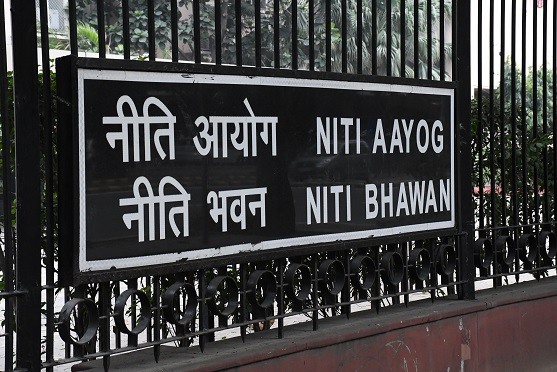NITI Aayog on Monday recommended working capital support of up to ₹25 crore at concessional interest rates, credit card facilities with a pre-approved limit of up to ₹5 crore, and other relevant technological and skilling measures to transform India’s medium enterprises into globally competitive businesses.
The government is currently working on a roadmap for tailor-made policies specifically targeting medium-sized companies. This initiative comes amid growing recognition that these enterprises often get overlooked, as they are grouped together with micro and small enterprises under the broader MSME (Micro, Small, and Medium Enterprises) category.
“A dedicated financing scheme under the Ministry of MSME is proposed, allowing medium enterprises to apply for loans at concessional rates at their local retail banks and receive fast-track decisions. Loans of up to a certain percentage of revenue—depending on the sector, i.e., manufacturing or services—capped at ₹25 crore, with a maximum of ₹5 crore per request, can be availed,” stated NITI Aayog in a report titled ‘Designing a Policy for Medium Enterprises’.
Medium enterprises typically have a higher capital requirement than micro and small enterprises, but currently, there is no dedicated scheme to address their working capital needs. NITI Aayog, the government’s premier policy think tank, emphasized the need for special focus on medium enterprises to boost employment. It believes the medium sector could become the country’s largest employment generator—if given the right support.
Budget Allocation Scheme
According to the revised classification norms announced in the FY26 budget, medium enterprises can now invest up to ₹125 crore and have a turnover limit of ₹500 crore. NITI Aayog Chairman Suman Bery noted that the experiences of countries like the U.S., Germany, and Italy show that proper government support can significantly enhance the growth dynamics of medium enterprises.
“In fashion, Italy transformed from a craft tradition to generating big fashion houses like Armani and Prada. India has similar potential due to its deep-rooted craft traditions and entrepreneurial spirit. Not just in manufacturing—we should be thinking about how even medium enterprises can aspire to similar growth over the next 10 to 15 years,” said Bery.


